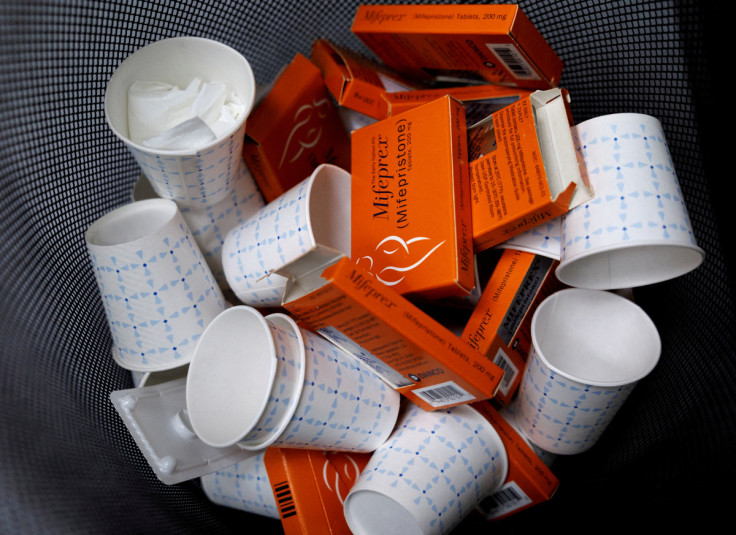Supreme Court To Revisit Abortion Debate Amid Medication Access Dispute
The Supreme Court is once again set to navigate the contentious issue of abortion this week, with arguments focusing on the accessibility of medication used in terminating pregnancies. The case holds profound implications for women across America and could impact the landscape of reproductive rights and the political arena, including the race for the White House.

Two years after the Supreme Court's pivotal decision overturning Roe v. Wade, which opened the door for abortion bans or strict regulations in numerous Republican-led states, abortion opponents will present their case to the high court. At the center of the debate is a ruling from a conservative federal appeals court that seeks to limit access to mifepristone, a medication utilized in approximately two-thirds of all abortions in the United States last year.
The implications of the Supreme Court's decision could reverberate beyond legal realms, potentially influencing elections for Congress and the presidency. The ruling, if upheld, would roll back Food and Drug Administration (FDA) changes related to the use of mifepristone, imposing restrictions that could curtail access to the drug, even in states where abortion remains legal. These restrictions would shorten the window during which mifepristone can be used in pregnancy, reducing it from 10 weeks to seven.
The upcoming decision has ignited debates surrounding the safety and efficacy of medication abortion pills. Despite opposition, a majority of adults in the U.S. express confidence in the safety of these pills when taken under medical supervision. Additionally, the FDA's role in ensuring the safety and effectiveness of medications sold in the U.S. has garnered support from a significant portion of the population.
While a decision is expected by late June, it's clear that this won't be the last abortion-related case the Supreme Court will encounter. Legal battles over state restrictions and potential federal limitations loom on the horizon, with the possibility of significant ramifications for reproductive rights and access to healthcare.
The case underscores the rising popularity of medication abortions, which offer several advantages over surgical procedures. Taking pills at home provides a less invasive and more private alternative, particularly appealing to individuals living in states with stringent abortion regulations. Moreover, recent initiatives by major pharmacy chains, such as CVS and Walgreens, to dispense these pills further facilitate access for individuals seeking reproductive healthcare.
However, the proposed restrictions on mifepristone could disrupt access to medication abortions, potentially pushing individuals towards less effective alternatives. Despite challenges, organizations like Aid Access have been instrumental in providing access to medication abortions through mail-order delivery, particularly for individuals residing in states with restrictive abortion laws.
Dr. Rebecca Gomperts, the founder of Aid Access, reported that in the previous year, 85,000 women utilized the services of the mail-order abortion provider to acquire the medication. Among them, 50,000 resided in states with stringent abortion regulations.
The legal battle surrounding mifepristone reflects broader debates over drug approvals and regulatory processes. Critics argue that rolling back FDA regulations could hinder access to essential medications and disrupt the healthcare system. Conversely, proponents of the restrictions contend that reinstating safeguards is necessary to ensure patient safety and regulatory compliance.
© Copyright IBTimes 2024. All rights reserved.






















